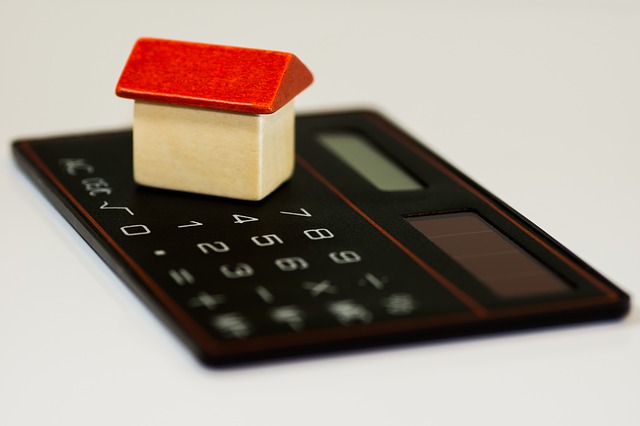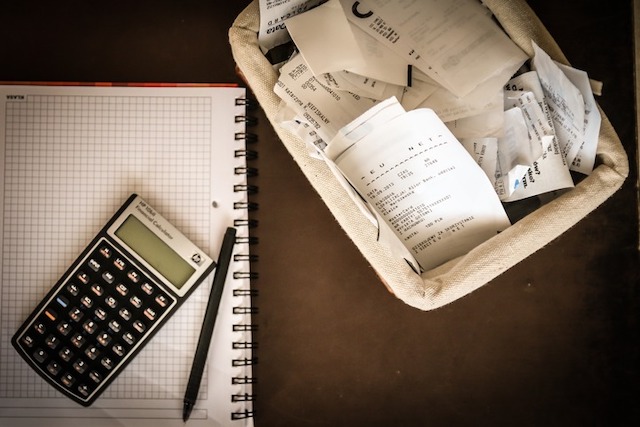
Is buying an investment property before your first home a smart choice?
This is a question that many prospective investors in Miami often ask themselves, and in this blog post, we’ll try to answer it based on current trends.
The following are four good reasons to consider purchasing an income property before your first house.
1. Home Values
This is the #1 reason why you should consider purchasing an investment property. Home values are climbing steadily due to rising demand. CoreLogic’s most recent Home Price Index Report shows that national home prices have increased by 6.2% year-over-year.
The National Association of Realtors also notes that single-family homes in most metro areas increased by 90% last year.
These trends are due to the low inventory of homes going for sale, causing home values to skyrocket.

Due to the strong demand for housing, homebuilders are also having a difficult time keeping up. This issue is largely due to labor shortages and high costs.
In addition, regulations, zoning, and permits, especially in metro areas, are contributing to the slow pace at which homes are getting built. All these factors create challenges for first-time homebuyers as the market has too few units to satisfy their demand.
2. Cash Flow Potential
Unlike a home, an investment property can help you start gaining positive cash flow instantly. You’ll just need to choose a suitable property and select the right type of tenants.
The tenant pays your mortgage through the monthly rent you receive and possibly leaves you with some extra funds. Once you’ve allocated the down payment from your savings, rent should cover future expenses.
Such expenses include property tax, mortgage payments, insurance, and maintenance.
If everything goes well, you’ll be able to amass equity with every mortgage payment you make. With time, your investment will also appreciate in value.
3. Tax Benefits
Investment properties come with numerous tax benefits. For example, you may be able to:
- Claim interest on your mortgage. Interest is a cost incurred in making money through your investment property. As such, it’s a tax-deductible expense.
- Be exempt from paying capital gains taxes. This exemption disqualifies you from paying taxes on any money you make from selling your property.
- Be exempt from paying for rental property depreciation. A rental property is a long-term, tangible asset. Therefore, it falls into the category of a capital asset, which means depreciation isn’t tax-deductible during the first year of ownership.
- Claim all property expenses. Besides mortgage interest, there are many other types of property expenses that you can deduct each year. These expenses include legal services, travel costs, and repair prices.

These tax benefits can save you hundreds—if not thousands—of dollars every year.
4. Affordability
Are you ready to buy your first home but find the prices too high?
With home values rising, most home buyers may find it almost impossible to purchase an affordable home in their desired neighborhood.
If the property you want to buy is too expensive, has a less-than-desirable crime rate, or adds too much time to your commute, you should consider buying an investment property in Florida instead.
You’ll be able to purchase in a growing area and take advantage of time in the market while maintaining your existing lifestyle—all without feeling pressured under the weight of hefty mortgage payments.
While continuing to rent in your desired neighborhood, you’ll be able to get monthly cash flow and build equity until you can afford to buy a home in the neighborhood you want to live in.
5. Interest Rates
Due to the housing market crash in 2008, the days of easy and quick mortgage loans are over. Still, interest rates are usually below 5%. Your interest rate depends on three aspects: the down payment amount, your debt-to-income ratio, and your credit score.
- Debt-to-income ratio – Your debt-to-income ratio compares how much you owe each month and how much you earn. It’s the percentage of your gross monthly income that goes towards payments for expenses like credit cards, mortgage or rent.
- Credit Score – Your credit score is more than just a number. It tells lenders a lot about how you manage your money over time. A high credit score means your creditworthiness is high. Conversely, a low credit score means that you’re irresponsible with your finances.
- Down payment amount – This is your initial purchase payment towards buying your first home. It affects interest rates and other charges. You may need to put down about 20%.

Interest rates aren’t the only thing you need to consider when thinking about buying an investment property before your first home. You also need to take into account the types of mortgage loans available to you.
FHA loan
An FHA loan is designed for low-to-moderate-income borrowers. It’s issued by an FHA-approved lender and insured by the Federal Housing Administration (FHA). Unlike conventional loans, which require a down payment of about 20%, FHA loans require around 3.5%.
You may get qualified for an FHA loan with a relatively lower credit score. As of last year, the minimum FICO score was 580. A lower score also doesn’t necessarily disqualify you.
Conventional Loans
These are home loans that aren’t insured or guaranteed by the federal government. Because they lack government backing, they’re typically more rigid and difficult to qualify for compared to FHA loans.
Most conventional mortgages require a minimum credit score of between 620 and 640. The higher the credit score, the better.
The Bottom Line
There you have it—four reasons why buying an investment property before your first home might be a good idea.
Still need more help to make the right choice for your unique situation?
Call Income Realty Corporation today at (305) – 251 – 5561!






